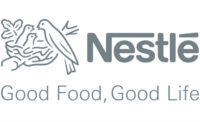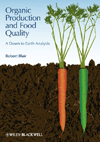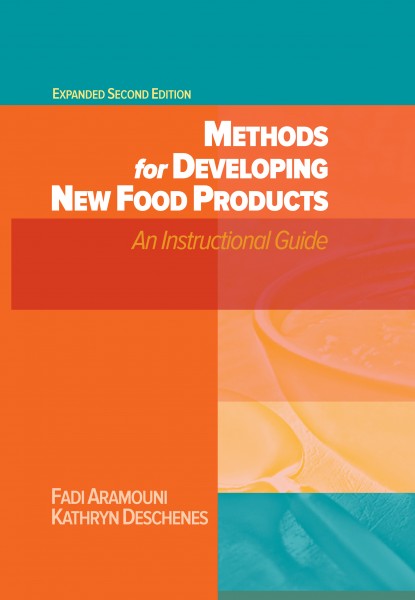Nestlé to investigate its own supply chain for child labor

Nestlé soon will be self policing its supply chain, in an attempt to curb child labor on cocoa farms.
The company announced that it will work with the Fair Labor Association (FLA) to investigate whether children are working on the cocoa farms that supply its factories.
“Child labor has no place in our supply chain,” says José Lopez, Nestlé’s executive v.p. for operations. “We cannot solve the problem on our own, but by working with a partner like the FLA we can make sure our efforts to address it are targeted where they are needed most.”
Specifically, in January the FLA will send independent experts to Côte d’Ivoire to examine and map out Nestlé’s cocoa supply chain. Where they find evidence of child labor, the FLA will identify the root causes and advise Nestlé how to address them in ways that are sustainable and lasting.
With more than 800,000 cocoa farms in the country, companies have struggled to establish where their cocoa comes from and under what conditions it was farmed. The FLA’s methodology will bring consistency and transparency to the process, providing Nestlé with the information needed to eliminate instances of child labor in its supply chain.
“In the past we haven’t been able to find a credible partner which has the capacity to help us with this kind of project,” Lopez says. “Now we have found an organization that can help us contribute to addressing the problem of child labor.”
The results of the FLA’s assessment, which will be made public in the spring of 2012, will guide future Nestlé operations.
Nestlé is the first food company to work with FLA, a non-profit multi-stakeholder initiative that works with major companies to improve working conditions in their supply chains.
Auret van Heerden, FLA president, says the partnership will help curb child labor, but is only the beginning of the hard work required to eliminate it..
“Working with the FLA will help Nestlé and other stakeholders in West Africa to protect children in the cocoa supply chain,” he says. “But eliminating child labor will take an enormous commitment from Nestlé and other companies sourcing from the region. This project is a step in the right direction, but the real test will be in whether issues uncovered in the investigation are addressed promptly and in a lasting manner.
The FLA used its tools and methodology earlier this year during a pilot project with Nestlé.
For that, the FLA investigated possible labor rights violations during the hazelnut harvest in Turkey.
An action plan, based on the findings, is being prepared by Nestlé and will be shared publicly at an international forum slated for the first quarter of 2012 in Turkey.
The forum will bring together companies, academics and civil society organizations– including the Stop Child Labor Campaign – to discuss solutions to child labor in the hazelnut supply chain.
van Heerden says stakeholders ultimately have to work together, sharing best practices, research and lessons learned, to fight the problem.
“There are dozens of organizations and advocates who have been working on this issue for a long time,” says van Heerden. “No single company or organization can do it alone. Nestlé’s leadership and increased commitment is essential to bringing about long-term change in the cocoa industry.”
The work with the FLA will complement Nestlé’s efforts to promote sustainability and better working practices in its cocoa supply chain, which it set out in the Nestlé Cocoa Plan.
The Cocoa Plan is a ten year, CHF 110-million commitment to provide higher quality cocoa plantlets to farmers and to make the cocoa supply chain more traceable.
In Côte d’Ivoire, Nestlé works with two other organizations, UTZ and Fairtrade, to ensure the cocoa it uses comes from responsible, sustainable sources. So far 22 agricultural cooperatives are covered by the Nestlé Cocoa Plan in the country, with more being added each year.
Progress reports and findings from FLA - a non-profit multi-stakeholder initiative that works with major companies to improve working conditions in their supply chains - will be published at www.fairlabor.org as they become available.
For more information on Nestlé, visit http://www.nestle.com.
Looking for a reprint of this article?
From high-res PDFs to custom plaques, order your copy today!







